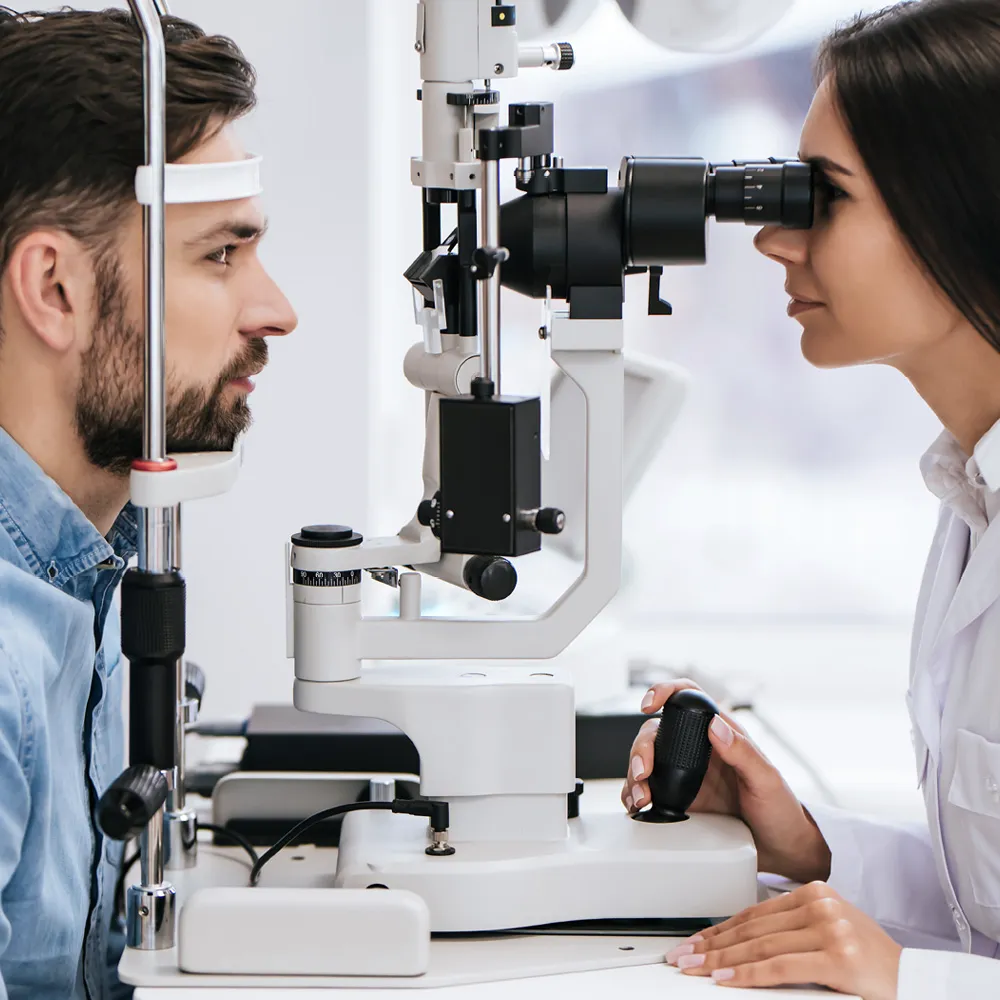
Wear Eyewear
Our board-certified eye doctors provide the highest quality of care performing everything from routine eye exams to diagnosing, treating, and managing eye diseases.
Find an Eye Doctor Near You
About Wear Eyewear
Wear Eyewear provides the highest quality, compassionate eye care to ensure your family enjoys a happy and healthy life.
Chicago and Orland Park residents come to us for far more than just fashionable frames -- they've also come to rely on our eye care expertise. Our optometrists can work with individuals from 6 months of age and beyond, making us a great one-stop resource for every family member. Our eye doctors can also provide treatments and recommendations for controlling eye diseases such as cataracts, macular degeneration, glaucoma, diabetic eye disease, and many other potential eye diseases.

Find an Eye Doctor Near You
At Wear Eyewear we believe in using the latest technologies to aid us in doing everything comprehensively—right down to your basic eye exam.

